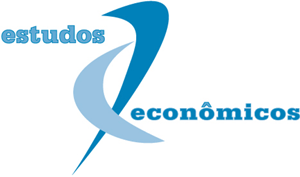The aim of this work is to analyze the effects of cash transfers of public programs on household’s expenditures and their components, taking the Brazilian program Bolsa-Escola as a representative example. It is used a non experimental method called propensity score matching, with microdata from the Pesquisa de Orçamentos Familiares (POF) 2002-2003. Further, a sensitivity analysis is carried to certify that the propensity score model is well specified and still works in the presence of unobservable variables. Results suggest a positive effect of cash transfers on the poor beneficiary household’s consumption. The fact that household’s expenditures are concentrated on education, hygiene products, clothing and general food instead of drinks, cigarettes and durable goods means that, at some level, the money transferred is being efficiently spent. Hence, the increased consumption of the observed households enhances their welfare, which means an immediate relief from poverty conditions.
Conditional Cash Transfer Programs; propensity score matching; expenditures

















